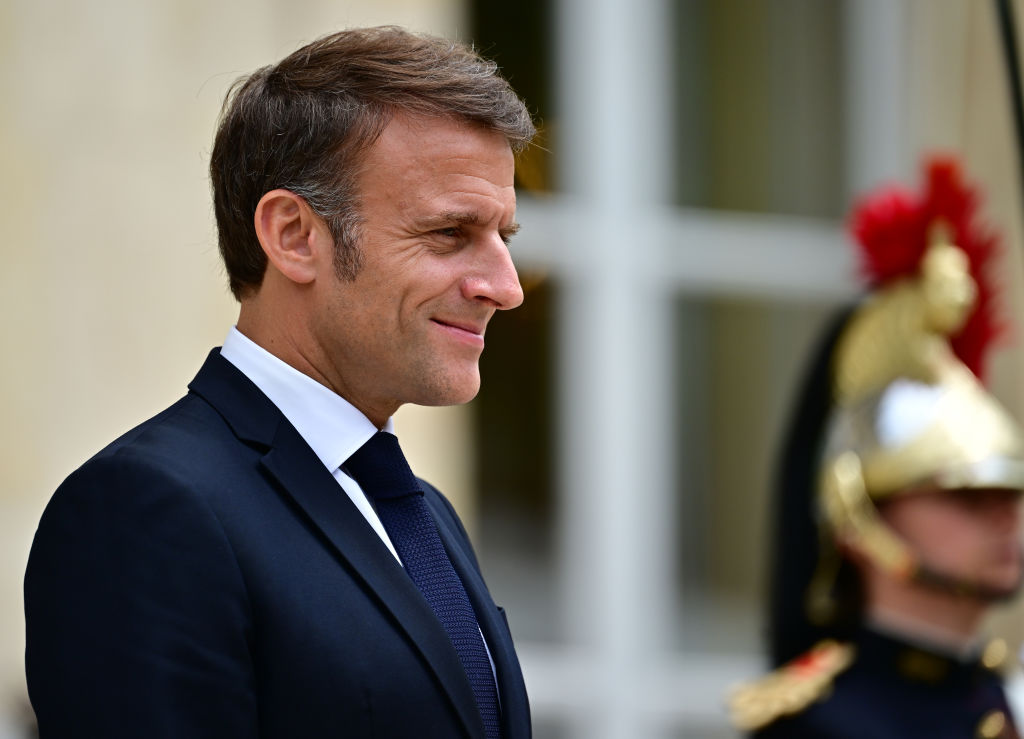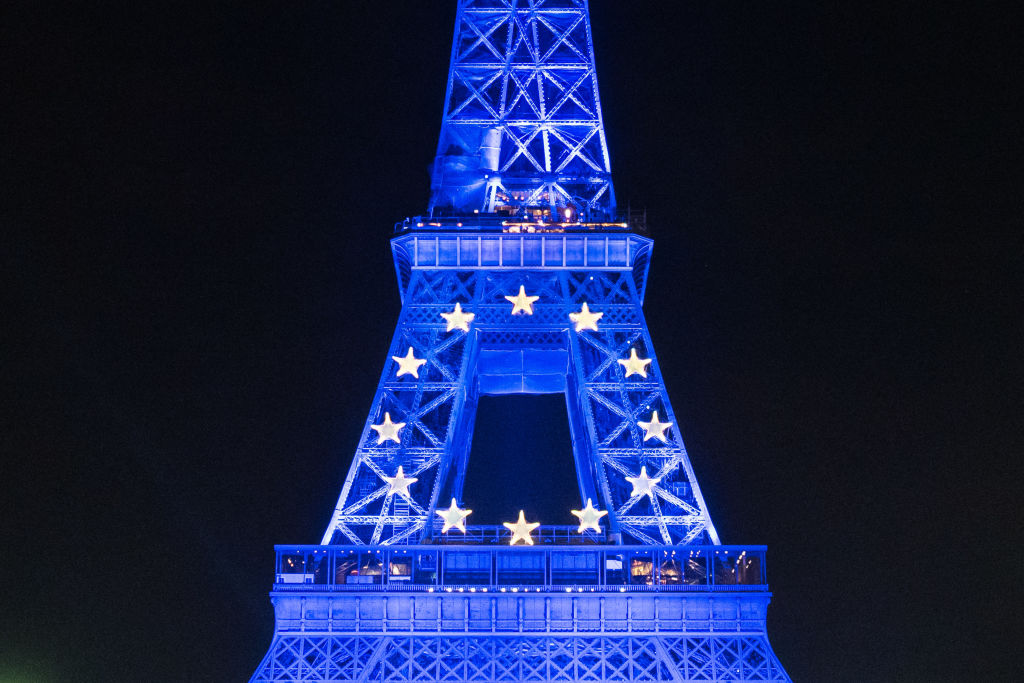The traditional August vacation means a likely slow month for European political news. Leaders will find a full plate, however, when they return, as a number of elections and decisions await that will put even more pressure on the cross-party Brussels consensus.
The first ominous decision will come in France, where President Emmanuel Macron still has to decide on who to appoint as the country’s new prime minister. He has so far played hardball with the leftist New Popular Front (NFP), which won the most legislative seats in July’s snap vote.
Macron apparently thinks he can ultimately fracture the multi-party coalition, bringing more moderate Socialists and Greens into his camp at the expense of the more radical La France Insoumise (LFI). His machinations thus far seem to have simply strengthened the coalition’s resolve, as they have jointly proposed a Paris technocrat as their candidate for prime minister.
The imperial president seems intent on continuing his strategy, brushing aside the NFP’s proposal and saying he would wait until after the Paris Olympics to nominate his choice. If NFP stays united, though, Macron will inevitably have to grudgingly agree to a de facto coalition with LFI, a development that will put pressure on his centre-right allies within and outside of his Ensemble parliamentary group.
Macron’s choice nonetheless is less traumatic that that facing Germany’s centrist parties. Two states in the former East Germany, Saxony and Thuringia, vote for their Lander parliaments on September 1st. The outcome of that vote could foreshadow a dramatic shift in the nation’s politics.
That is because two populist parties who are anathema to the traditional parties, Alternative for Germany (AfD) and Bundnis Sahra Wagenknecht (BSW), are currently on track to win a majority of seats in each state — that is, the number seats won by AfD and those won by BSW would comprise a combined majority in each of the two states. The Christian Democrats (CDU) currently rule out cooperating with either party, but it might be forced to change its views if the alternative is a de facto or formal coalition between the two populist entities. Whatever happens, an AfD-BSW majority of seats will further weaken the cordon sanitaire against populist parties in Germany.
Austria’s national election on September 29th will likely put even further strain on the Brussels consensus and the establishment centre-right. The Freedom Party (FPO) has led in polls since January 2023 and finished first in the recent EU election. FPO, unlike many populist parties, has been part of governing coalitions previously but has never before finished first.
An FPO victory would force the traditional centre-right party, the Austrian People’s Party (OVP), into a difficult choice. It could either serve as the FPO’s junior coalition partner or join a three-party coalition of the centre with the Social Democrats and either the Greens or the liberal NEOS party. Either decision will simply cement the FPO as the leading party of the Austrian right, placing pressure on the OVP to move in its direction to attract back the floating voter who once backed the OVP.
Even successful centrists are finding it hard to keep their coalitions intact. Polish Prime Minister Donald Tusk ousted the populist Law and Justice Party (PiS) from power after last year’s election, but relies on a conservative, rural-based party – the Polish People’s Party (PSL) – for his tenuous majority. The intra-coalition tensions came to a head when Tusk failed in his effort to make abortion legal, as most PSL deputies voted against his bill.
This could upend Tusk’s desire to win the Polish presidency in next year’s election. Poland’s president has considerable power, the right to veto legislation being chief among them. Vetoes can only be overturned by a vote of three-fifths of the Sejm, the parliament’s more powerful lower house. Tusk’s coalition does not have a three-fifths majority, making capture of the presidency crucial for his political agenda.
Polls currently show his coalition’s preferred candidate beating a PiS candidate in the final round of voting. That could change if PSL’s rural voters decide they want a presidential check on Tusk’s social liberalism. Keeping both wings of his discordant coalition happy in the run up to that election will test Tusk’s political skill.
All this uncertainty pales in the face of Bulgaria’s ongoing chaos. Efforts to form a government collapsed Monday, forcing Bulgarians back to the polls sometime in the autumn for the seventh time since 2021. This continuing crisis has depressed voter turnout, which fell to only 34.1 percent in June’s election.
Such chronic instability is a Petri dish for populism, and new populist parties have risen from out of nowhere in the past few years in prior Bulgarian votes. Two minor parties have also split in the last few months, further raising the spectre of instability. It is conceivable that Bulgarians will choose a dramatically different course to end this chaos, a decision that would challenge the creaking consensus even further.
The quiet days of August look to be the calm before the coming European political storm. The centre still holds, but its refusal to adapt to demands for change continues to undermine its increasingly tenuous hold on power across the continent.





EU policy negotiations with Trump: find aggression and strength